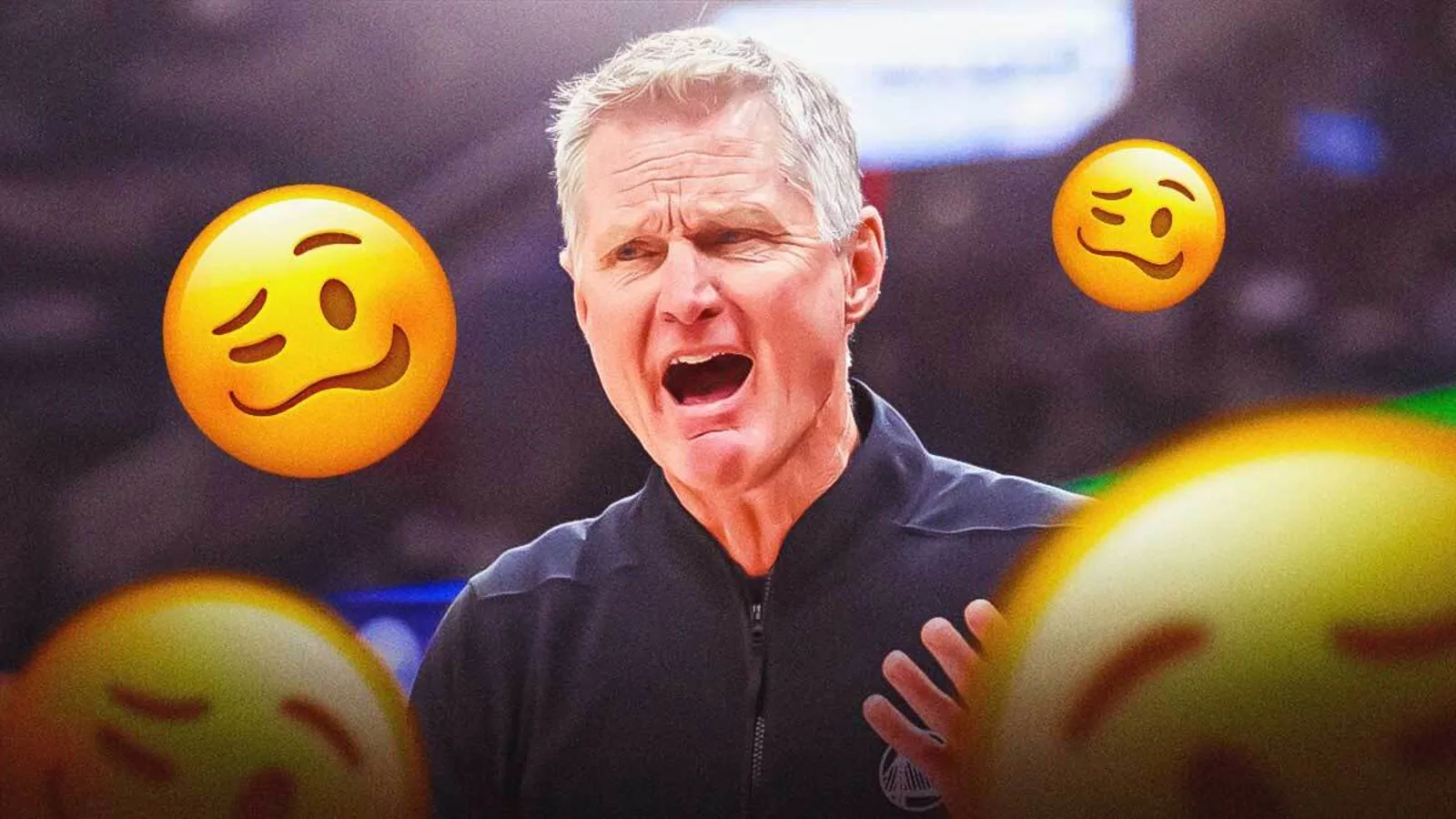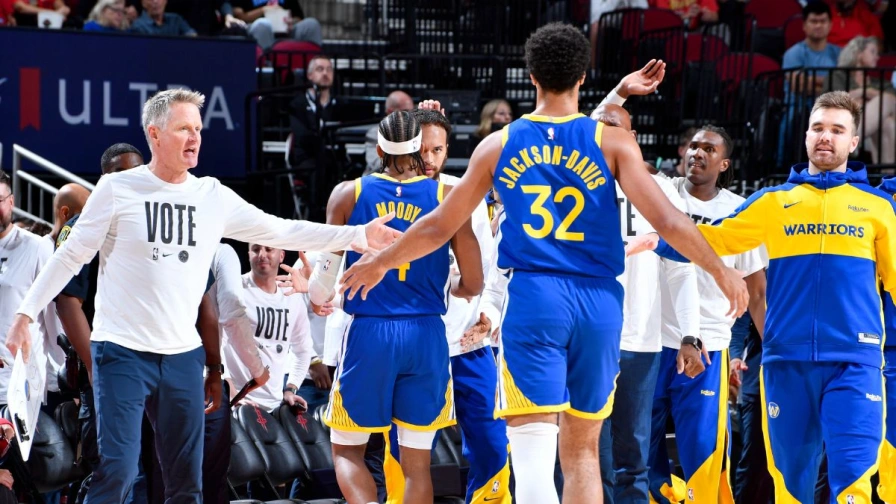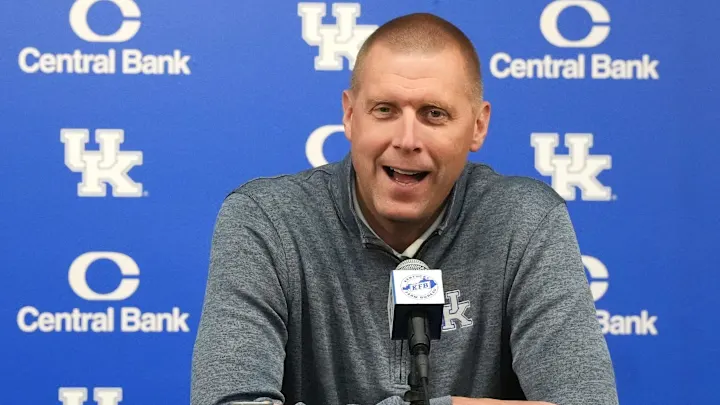No. 6 Duke defeated Wofford 86-35 on Saturday at Cameron Indoor Stadium just days after suffering its first loss to Kentucky in the Champions Classic. Duke star freshman Cooper Flagg had a quiet offensive performance, finishing with a season-low eight points, but stuffed the stat sheet with nine rebounds, six assists, three steals and two blocks.

Flagg didn’t have to play much in the second half because his team jumped out to a 51-14 halftime advantage. The star forward played all 20 minutes in the second half in the loss to the Wildcats and logged only 13 minutes after intermission against the Terriers.
Despite the loss to Kentucky, Flagg had the best scoring performance of his career, posting a team-high 26 points. Flagg had scored in double-digits in Duke’s first three games of the season coming into the weekend.

Meeting the hype and expectations will be a tall task for a young player like Flagg. But even though he’s just 17 to begin the 2024-25 season, he is believed to be the rare talent capable of meeting the overused “generational” label. We’ll be tracking his progress here all season long. Here’s more on his second game with the Blue Devils.













